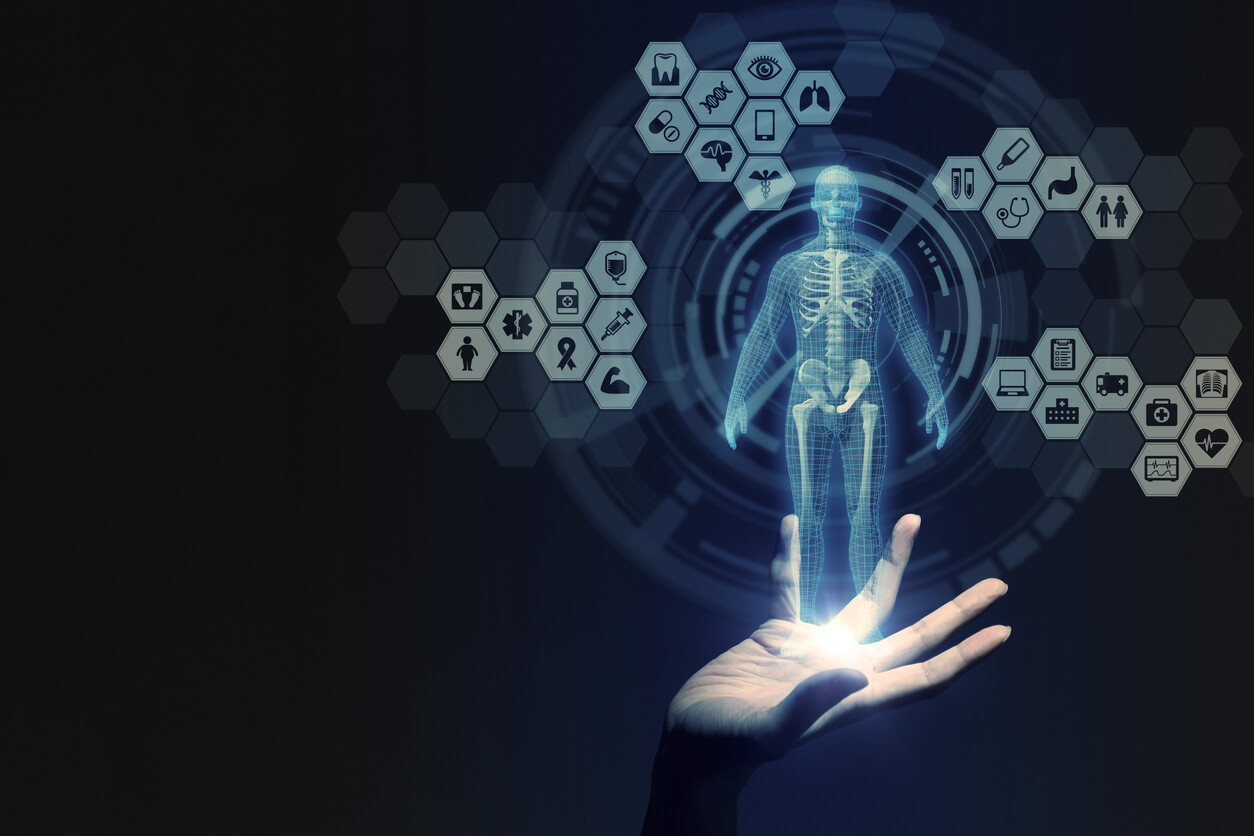Professor Cecconi at Wired Health 2019: how technology will bring the doctor closer to the patient
Wired Health 2019, the event organized in the month of March in Milan by the publishing group Condé Nast Italy, of which Humanitas is a scientific partner, aims to inform the general public and professionals (scientists, researchers, managers, etc.) on the most recent and relevant innovations in the health sector, including medicine, digital technologies and new lifestyles.
Professor Maurizio Cecconi is the head of Anesthesia and Intensive Care at Humanitas Research Hospital and professor at Humanitas University. During his speeches, he emphasized how new technologies will strengthen the doctor-patient relationship and allow family members to stay closer to their hospitalized loved ones.
The greatest benefits for the patient offered by technology
Among the innumerable advantages of technology, big data and, in general, of machine learning applied (also) to intensive care, there is the possibility to collect and evaluate information, as well as to develop and identify “predictive trends” in the patient’s state of health.
“The doctor will thus always be in touch with the patient – said Cecconi – instead of spending countless hours in front of the computer”.
“The development of data science – he added – will allow the doctor to utilize technology in a smarter and more effective way, a simple example being direct dictation to the computer instead of spending more time typing on the keyboard.”
Augmented reality
“In some places in the world – Cecconi explained – we are beginning to experiment with this so-called “augmented reality”, a new “tele-health” technology that allows us to send our intensive-care patients back to the comfort of their own homes and to continue periodic checks after their discharge.”
“Often our patients – he added – are bedridden for a long time, and for the patient that wakes up disoriented from a coma, this technology can cheer them up and make them more aware of their condition and surroundings.
“Furthermore – he continued – thanks to video technology, follow-up clinics are being tested to ensure that the intensivists can remain in contact with the patient even when they have been discharged from intensive care”.
The risk of overfitting, of excessive adaptation to the data
According to a recent American study (reference needed here), it is estimated that in the future, intensive care will continue to grow in its number of patients. Given that there are fifteen to thirty monitors in the department that record vital parameters and patient information, it is easy to imagine the immense amount of data available here. The problem for the specialists, therefore, will be that of knowing how to approach and interpret the data produced by these machines in the right way – as Professor Cecconi pointed out – “the future will not be to turn off our brains and let technology and machines do our work, it will not be throwing numbers into a calculator and waiting for the computed answer.”
